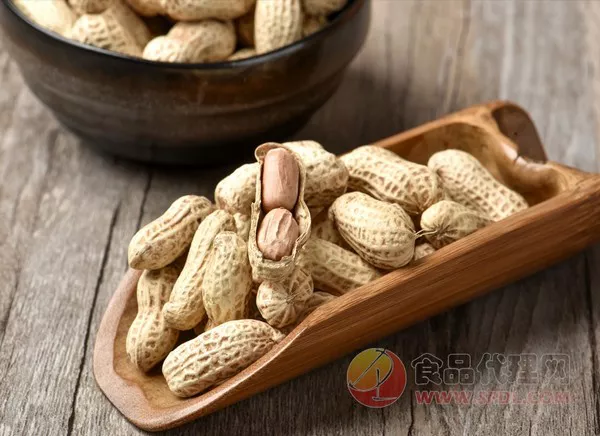Researchers from the United States, Brazil and Spain, including scientists from VTC’s Fralin Biomedical Research Institute, published a timely and controversial analysis in a special issue of the British Medical Journal: An international shift in thinking about ultra-processed foods is needed.
“There is converging and consistent support for the validity and clinical relevance of food addiction,” said Ashley Gearhardt, the article’s corresponding author and a psychology professor at the University of Michigan. “The recognition that certain types of processed foods have the properties of addictive substances may have implications for the improvement of global health.”
While people can quit smoking, drinking or gambling, they can’t quit eating, said co-author Alexandra DiFeliceantonio, an assistant professor at the Fralin Biomedical Research Institute. The challenge, and the open and controversial question, is to define which foods have the most addictive potential and why.
Her paper appeared October 10 in Food For Thought, a special issue of the British Medical Journal, a prestigious publication and one of the oldest medical journals in the world.
DiFeliceantonio is also associate director of the Fralin Biomedical Research Institute’s Center for Health Behavior Research and assistant professor of human nutrition, foods, and exercise in Virginia Tech’s College of Agriculture and Life Sciences.
Not all foods have the potential to be addictive, according to the researchers.
“Most foods that we think of as natural or minimally processed provide energy in the form of carbohydrate or fat — but not both,” DiFeliceantonio said.



































